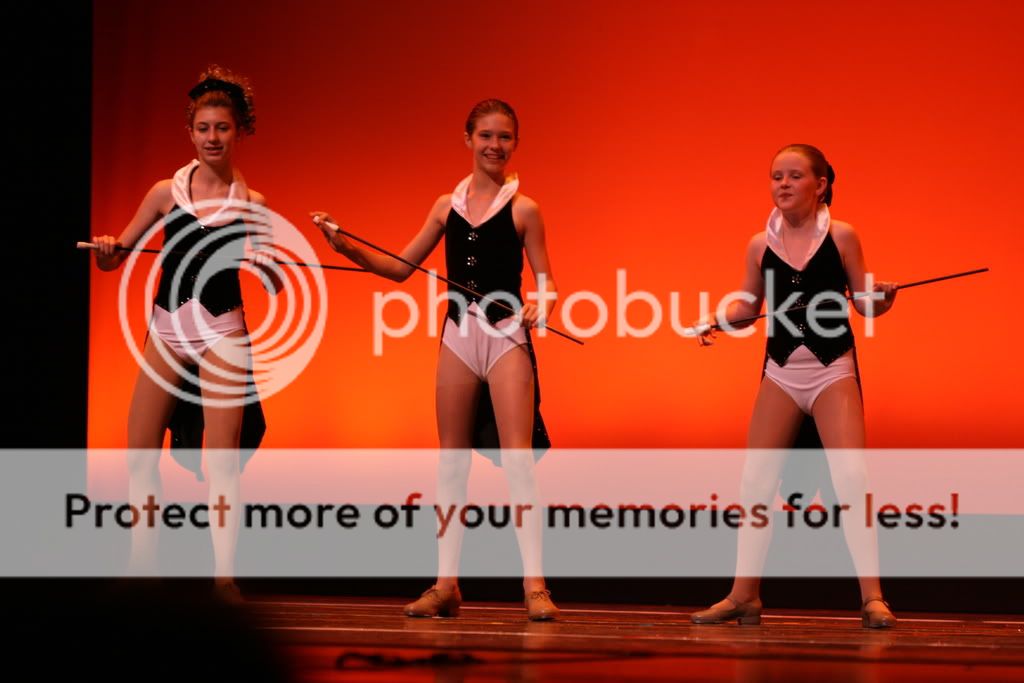Here is my take on this:
1. Don't make the mistake of relying on anti-noise software to mitigate the noise later. This is a foolish policy to have because anti-noise means bye, bye precious image quality. Even with today's very clean high ISO cameras it is still best to keep in the 100-800 range when possible.
2. Don't bring a tripod. It will inhibit you from moving around.
3. Don't think a prime will limit your compositions. Unless you're in a wheelchair it often won't. Bring/rent/buy a 28mm F1.8, and/or 50mm F1.8 and/or F1.4, 85mm F1.8, and/or maybe 135 F2. I don't know how far you'll be so pick 2 or 3 of these and rest assured you will have all your shots covered.
3. IS lenses will not help...they don't stabilize moving subjects.
4. Anything slower then F2.8 is a joke and not even to be considered if the best IQ is what you strive for. I suspect even F2.8 is often too slow.
5. Yes you will change lenses often. Yes you will have to move around often. A small price to pay when you strive for the best IQ.
6. Shoot raw. Use evaluative metering. Your most used focus point is perhas the one on the very top.
7. Buy/rent/borrow a 2nd body to place another prime on.
8. DON'T use the flash, at least for shots of the action on the stage. It won't help and will destroy the mood, look, and feel.
9. Later in post processing, and using a layer and mask, apply anti-noise selectively and surgiccally only on the parts of your comp that need it. Anti-noise can be very distructive must never be applied to the entire image. It smears and details gone forever.
10. Post process on a 16 or 32 bit file even if your raw is just 12 or 14. This means the math your program does has room for rounding, and less likely to add digital artifacts such as blocking, combing and the like.
11. Another benefit of a fast prime is that it will help the camera acquire focus faster, and your view finder will be brighter even if you don't need to shoot wide open.










![[No title]](/data/xfmg/thumbnail/37/37636-e02c7efccb426a8951ed97a37c0f9307.jpg?1734170758)
![[No title]](/data/xfmg/thumbnail/39/39499-b11b4321c0f029e3a5523ccab621b71c.jpg?1734173619)
![[No title]](/data/xfmg/thumbnail/36/36665-7c494bf98537fba5ac87ac5ad6bda658.jpg?1734169172)
![[No title]](/data/xfmg/thumbnail/36/36667-b3265abf8272f21d759a0abd6a0995c3.jpg?1734169172)